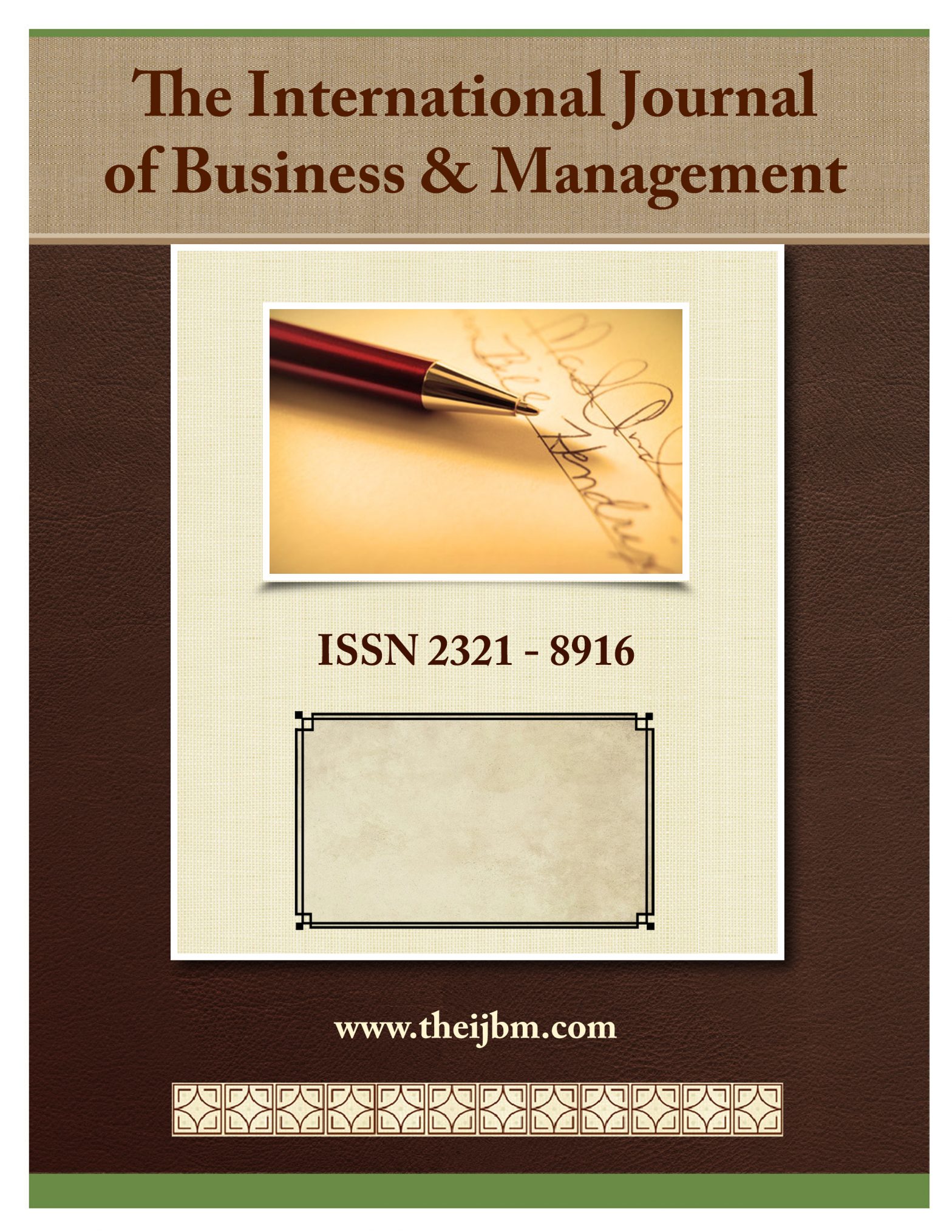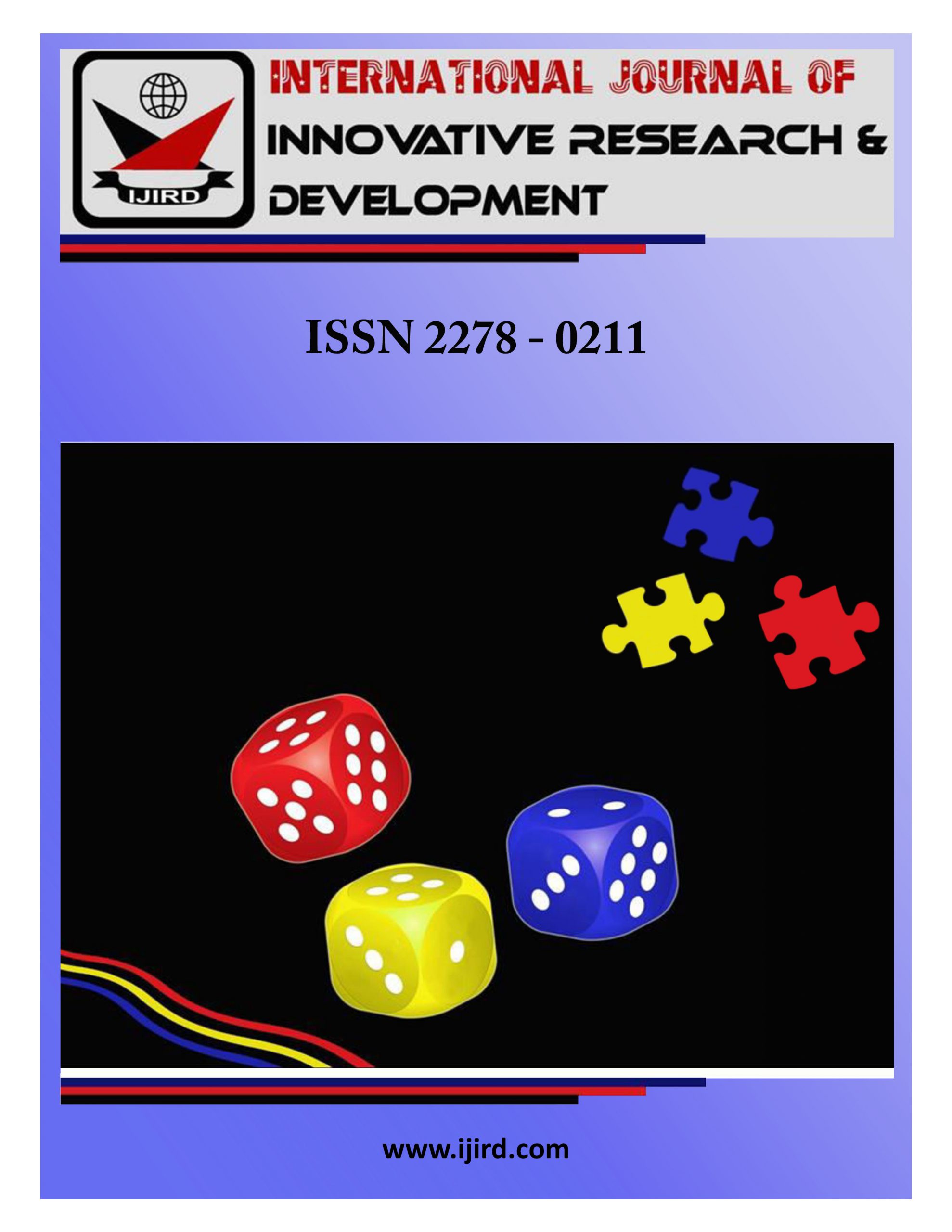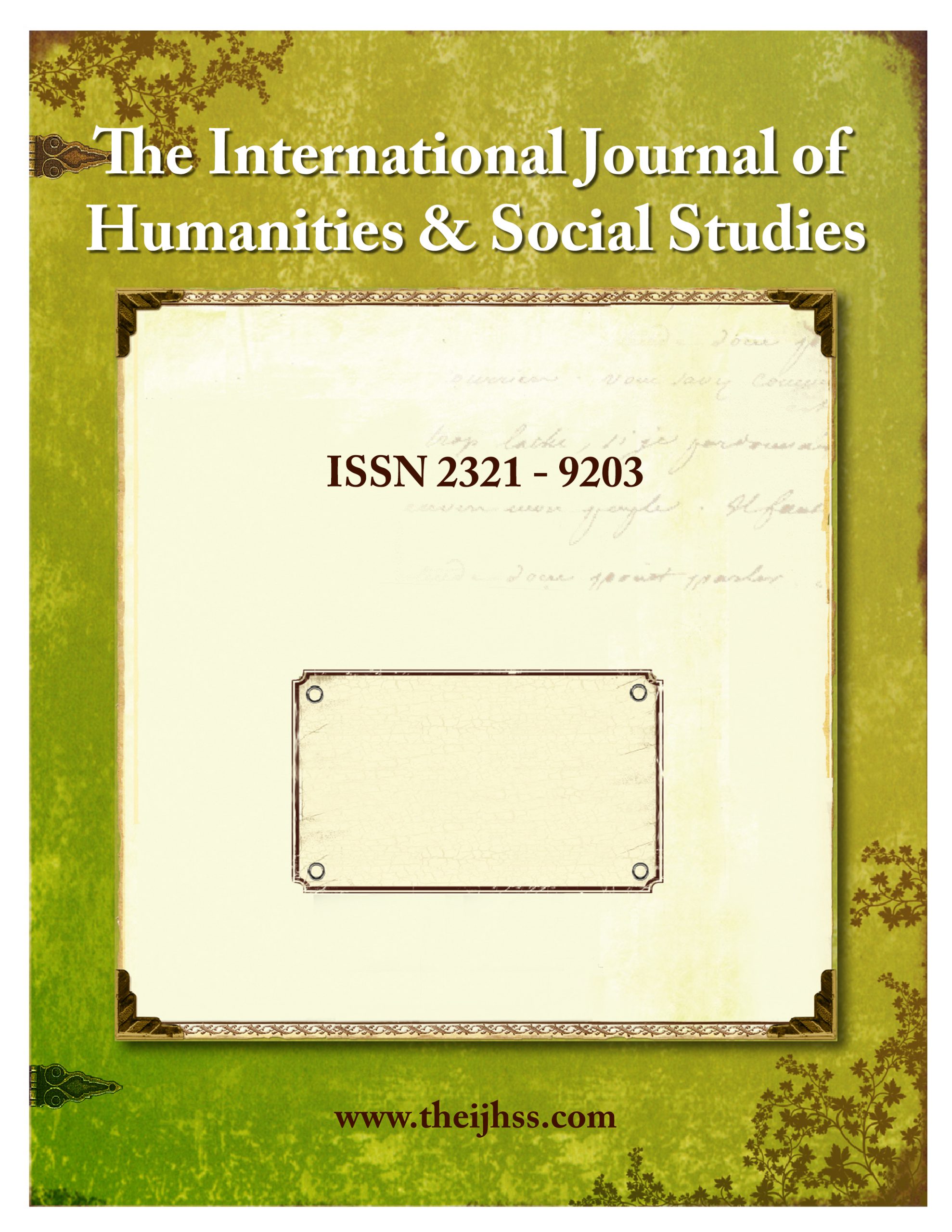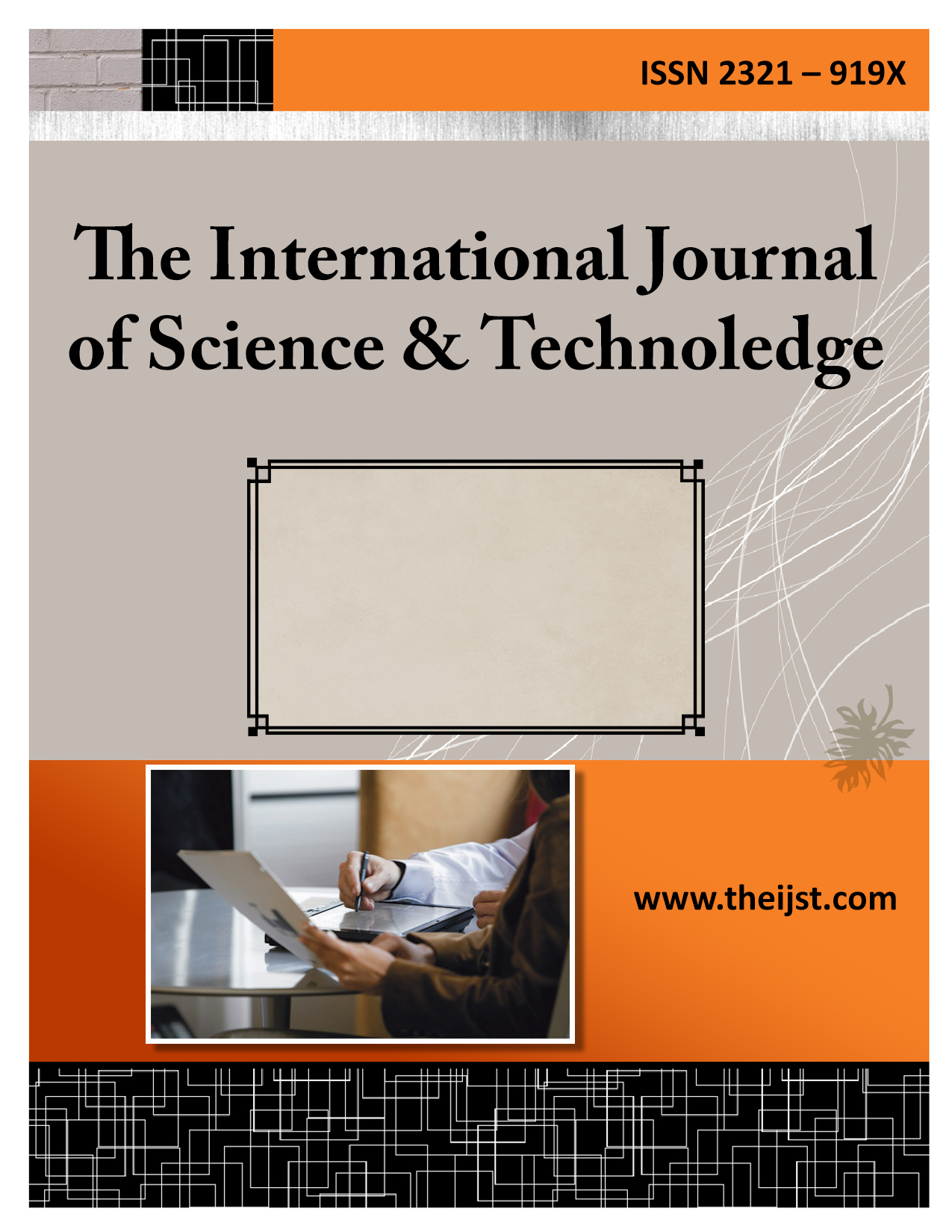We all have written something in our lives. Be it a poem, a short story or a novella. But academic writing is different from creative writing. Here we need to follow some rules and guidelines to grab the attention of the readers and say what we want to in the shortest and most compact way possible. This is what makes academic writing a bit challenging. There are some key things that an author needs to remember while writing an academic piece and they are:
- Avoid Sketching the Whole Paper in Your Mind: Most people make the mistake of trying to sketch the whole paper in their minds before writing. This makes the job more difficult than it needs to be. When you are imagining the outcome of your writing, you are picturing an error-free, professionally finished product but what you see in front of you is a clean slate. This creates a pressure in your mind. Also trying to do the whole thing can get a little overwhelming. Therefore the best option is you break your idea down into paragraphs and sections and later weave them together. This will not only make your job easy, it will help you do it in a calm, composed way.
- Use Appropriate Words and Avoid Digression: In all kinds of writing digression is almost always an issue. What is digression? It is a temporary deviation from the main focus, the main subject of the writing. To avoid this try not to use unnecessary examples or words that need to be explained. Use terms that convey exactly what you want to say. Be precise and to the point in approach. There is also the issue of word limit in academic writings therefore using less words to express more is the right way to go.
- Avoid Colloquial Language and Contractions: It is in our nature to use colloquial language even while writing; it is almost like muscle memory. We use certain terms, phrases and words so much that we forget that they have almost no formal application. In academic writing there is absolutely no room for colloquial language. Same goes for contractions which we use almost all the time; words like ‘don’t’, ‘can’t’, ‘won’t’ etc. Using these might make you sound like an expert of the language but you have to keep in mind that you are writing it for an international audience and some people might not understand you well which ruins the entire purpose of your writing.
- Avoid Repetitions: Writers always aim to keep their audience engaged but this is impossible if a piece of writing is filled with repetitions. Authors always repeat the information that is given in the abstract again in the introduction. Sometimes authors create tables but again repeat the same information afterwards. This is not necessary. When you are giving information in a table format there is no need to write that thoroughly once more. The less you repeat yourself in your paper, the more the audience will engage because it will not get monotonous for them.
- Keep an Objective Tone and Avoid Empathetic Language: An author needs to be impersonal and objective in approach whenever it comes to academic writing. They need to engage themselves in their work and make their paper interesting but also maintain a distance from it. That is why researchers used to write academic papers in a passive voice to keep the focus of the audience on what is happening instead of who is doing it.
Writing is nothing but a skill and it can be acquired and developed with practice. A good academic paper needs to be well structured, logically explained and free from errors but only this cannot keep the readers hooked. You can find call for papers regarding this on various other websites also. Keeping the readers engaged is as important as writing because one is invalid without the other. If authors follow all the above mentioned points there is a higher chance for their paper to become successful.










